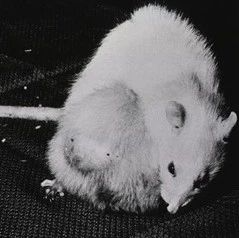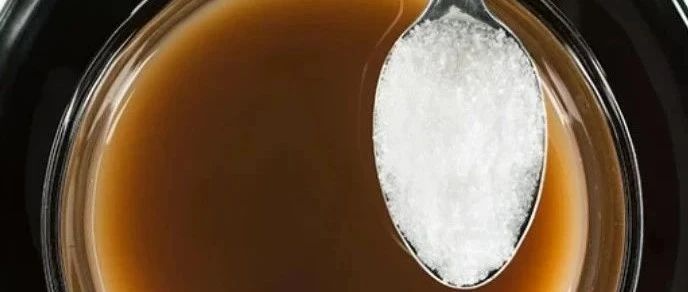
裴端卿在某一次活动上发言
来自中国科学院广州生物医药与健康研究院的研究人员提出人类尿液中的肾上皮细胞是诱导多能干细胞(iPSCs)的理想来源之一。这一方法相比其他方法更简单,重现性好,所产生的诱导多能干细胞表现出很好的分化能力。在11月8日发表于《自然—实验技术》(Nature Protocols)的论文中,研究人员详细描述了这一实验技术方案。
这项研究由广州生物医药与健康研究院Miguel A. Esteban研究组和裴端卿研究组合作完成, Miguel A. Esteban博士早年毕业于西班牙纳瓦拉大学,2007年加入广州生物医药与健康研究院,主要从事肿瘤干细胞研究。
2007年,美国和日本科学家发现,应用人和鼠的正常皮肤细胞,导入KLF4、OCT4、SOX2和C-MYC四种基因,即可由正常体细胞转化成多能干细胞。这一技术打破了过去只能从人胚胎中获得多能干细胞的瓶颈。近年来,除了皮肤细胞,研究人员还将许多其他的人体组织细胞诱导成为了多能干细胞比如角质细胞、神经干细胞、羊水细胞、血液细胞等等。
但不同的组织来源iPSCs生成效率存在着极大的差异,且大多数情况下获得的供体细胞采用的是一种侵入性程序,细胞分离工作繁重复杂。对于某些皮肤病或者血友病、艾滋病等血液疾病患者,未必能从他们的皮肤成纤维细胞或者血液细胞中提取出诱导干细胞,因为他们的这些细胞可能是不健康。
为了减轻患者不必要的痛苦,研究人员提出了分离尿细胞诱导生成iPSCs的方法。研究人员首先对57名个体进行了尿液样本收集,从42名个体处成功获得原代细胞培养物。之后,研究人员在分别进行了二、三及第四次尝试,总体成功率达到近82%。随后,采用10%的胎牛血清培养基将原始细胞进行培养促使其贴壁及存活。利用肾上皮细胞培养液培养进行细胞扩增。细胞培养2-3周后,即可用逆转录病毒感染方法将外源因子导入尿细胞中,重编程过程需3-4周,出现培养干细胞样的克隆,再将这些克隆跳出来继续培养,最终可获得稳定的诱导多能干细胞。
研究人员表示由于分离尿液细胞非常的简单,30ml尿液便已足够,这一方法有利于大多数情况,符合成本效益,通用,适合于应用各个年龄、性别和种族。此外,整个的程序相当快速,iPSC克隆产率普遍较高可达4%。尿iPSCs (UiPSCs)也显示出极好的分化潜能,因此代表了生成来自正常个体或遗传病患者多能细胞的一个极好的选择。

 Generation of human induced pluripotent stem cells from urine samples
Generation of human induced pluripotent stem cells from urine samples
Ting Zhou, Christina Benda, Sarah Dunzinger, Yinghua Huang, Jenny Cy Ho, Jiayin Yang, Yu Wang, Ya Zhang, Qiang Zhuang, Yanhua Li, Xichen Bao, Hung-Fat Tse, Johannes Grillari, Regina Grillari-Voglauer, Duanqing Pei & Miguel A Esteban
Human induced pluripotent stem cells (iPSCs) have been generated with varied efficiencies from multiple tissues. Yet, acquiring donor cells is, in most instances, an invasive procedure that requires laborious isolation. Here we present a detailed protocol for generating human iPSCs from exfoliated renal epithelial cells present in urine. This method is advantageous in many circumstances, as the isolation of urinary cells is simple (30 ml of urine are sufficient), cost-effective and universal (can be applied to any age, gender and race). Moreover, the entire procedure is reasonably quick—around 2 weeks for the urinary cell culture and 3–4 weeks for the reprogramming—and the yield of iPSC colonies is generally high—up to 4% using retroviral delivery of exogenous factors. Urinary iPSCs (UiPSCs) also show excellent differentiation potential, and thus represent a good choice for producing pluripotent cells from normal individuals or patients with genetic diseases, including those affecting the kidney.
文献链接:Generation of human induced pluripotent stem cells from urine samples







